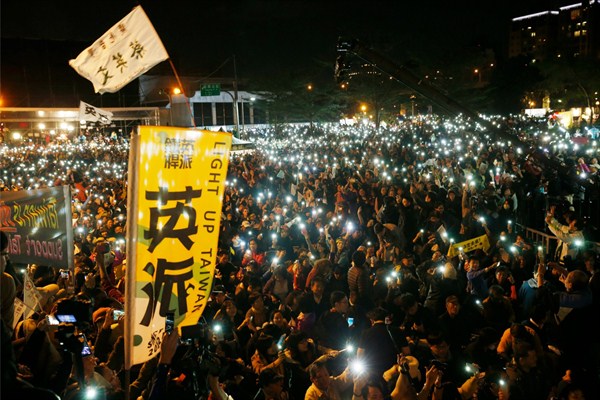The results of Taiwan’s presidential and legislative elections, which were held on Jan. 16, were important, and not only for its domestic politics and relations with China. For the third time in Taiwan’s history, there was a peaceful transfer of power through the ballot box, with Tsai Ying-wen of the opposition Democratic Progressive Party (DPP) beating Eric Chu of the ruling Kuomintang party (KMT) for the presidency. Tsai garnered more than 56 percent of votes cast, significantly more than what she managed in her last presidential bid in 2012, when she finished with just over 45 percent. For the first time in Taiwan’s history, the DPP won a majority in the legislature, known as the Legislative Yuan, with 68 of the total 113 seats. With control of both the presidency and the legislature, the DPP has a strong mandate for change. Its victory, in addition to further consolidating Taiwan’s democracy, signals a new progressive direction in the country’s politics—and potentially the wider region as well.
To understand why, one needs to look at what the elections were fought over. Outside observers tend to view Taiwan through the prism of relations with China, but the reality is that the big issues in the elections were domestic. Voters were unhappy with President Ma Ying-jeou, a KMT stalwart, and the KMT-controlled legislature’s ineffective response to Taiwan’s economic recession, along with the lack of good jobs, unaffordable housing and other problems affecting everyday people.
While not decisive, the KMT’s cozy relationship with Beijing certainly added to public dissatisfaction. The KMT’s promises that closer relations with China would improve economic conditions in Taiwan were shown to be hollow. And critically, the Ma administration’s heavy-handed approach to the “sunflower” movement that arose in 2014 in opposition to a trade pact with China fueled perceptions that the KMT was pro-Beijing and out of touch. Even more importantly, the sunflower protests energized people to stand up and take control of their political destiny.

